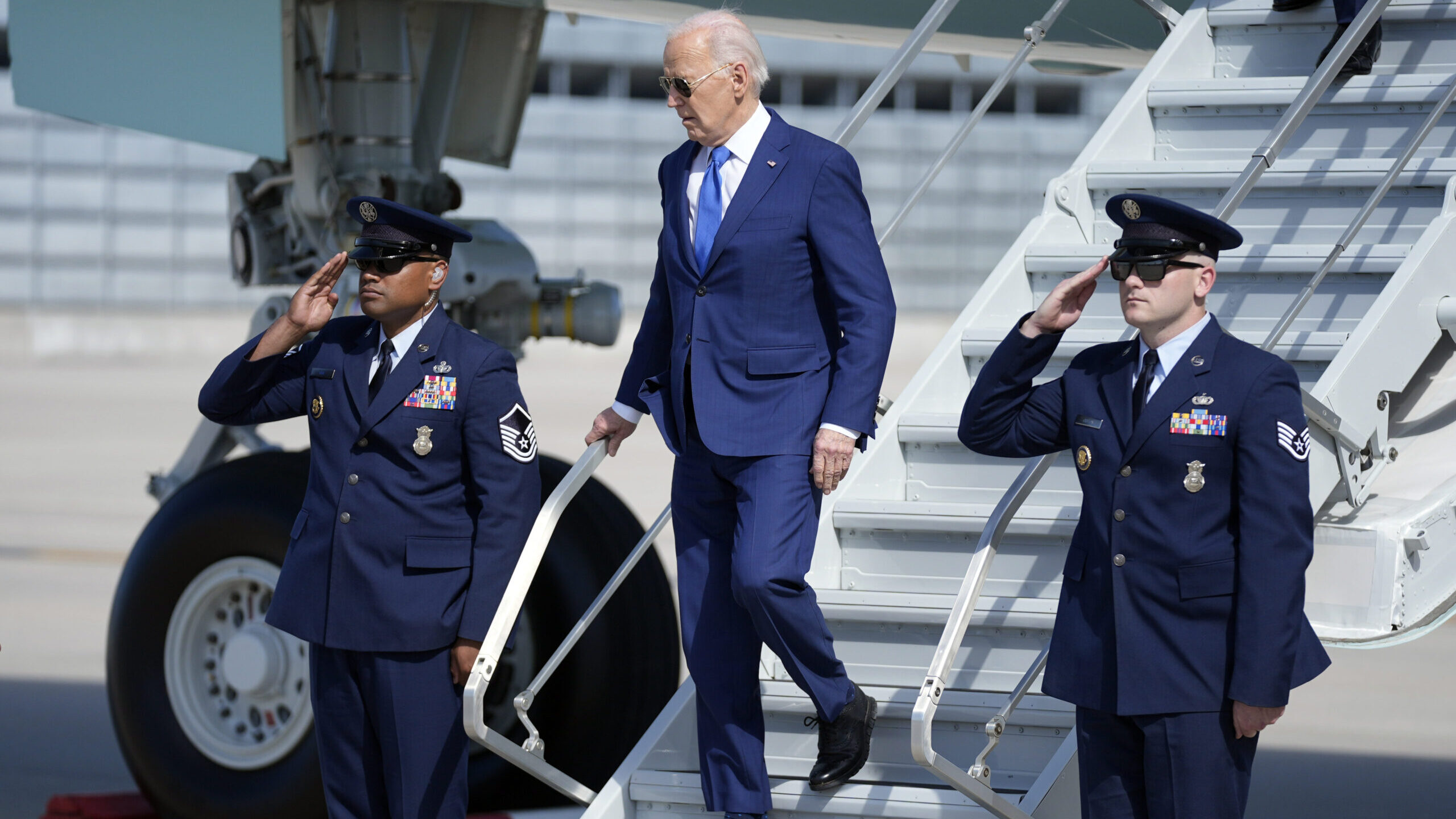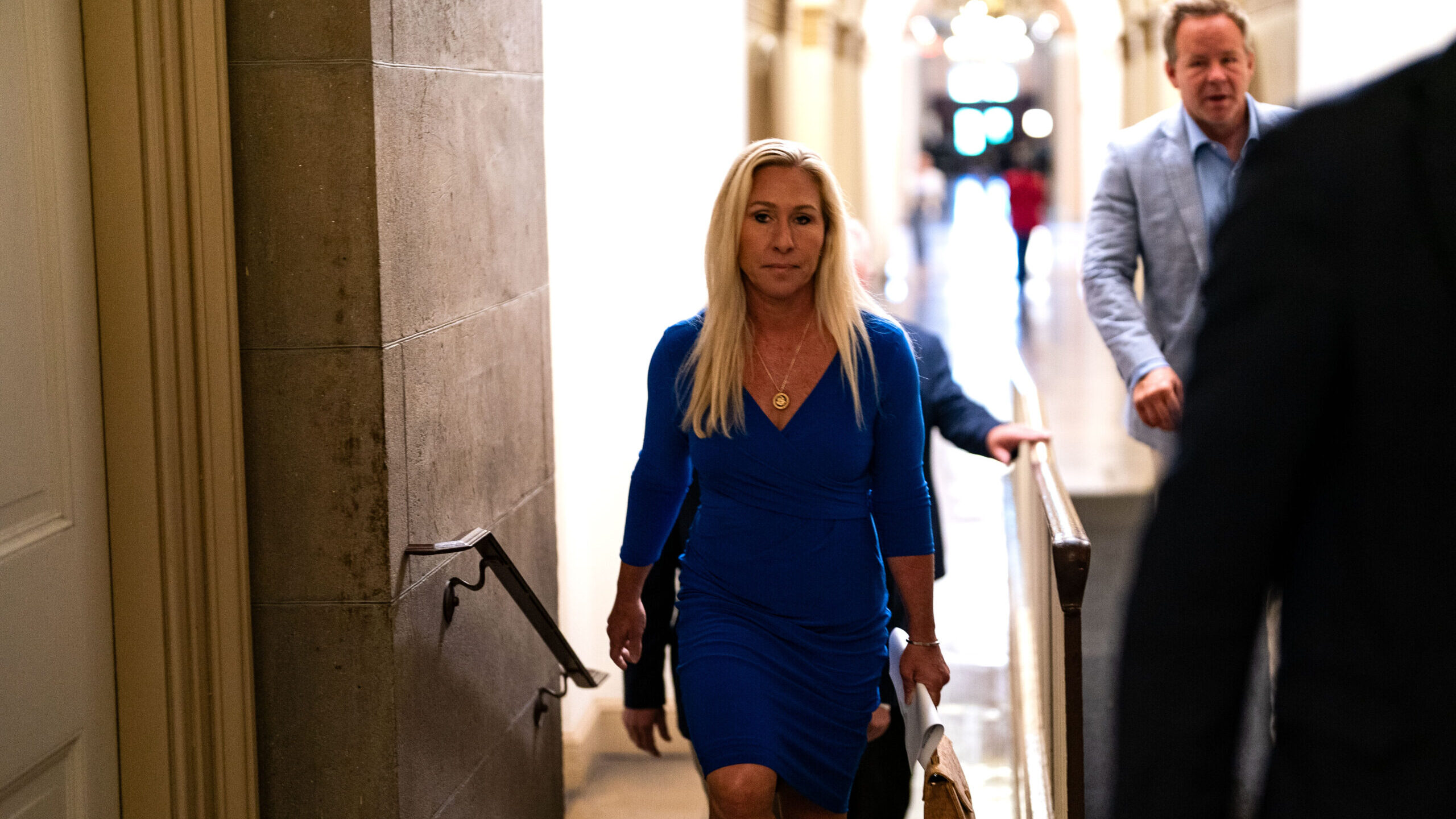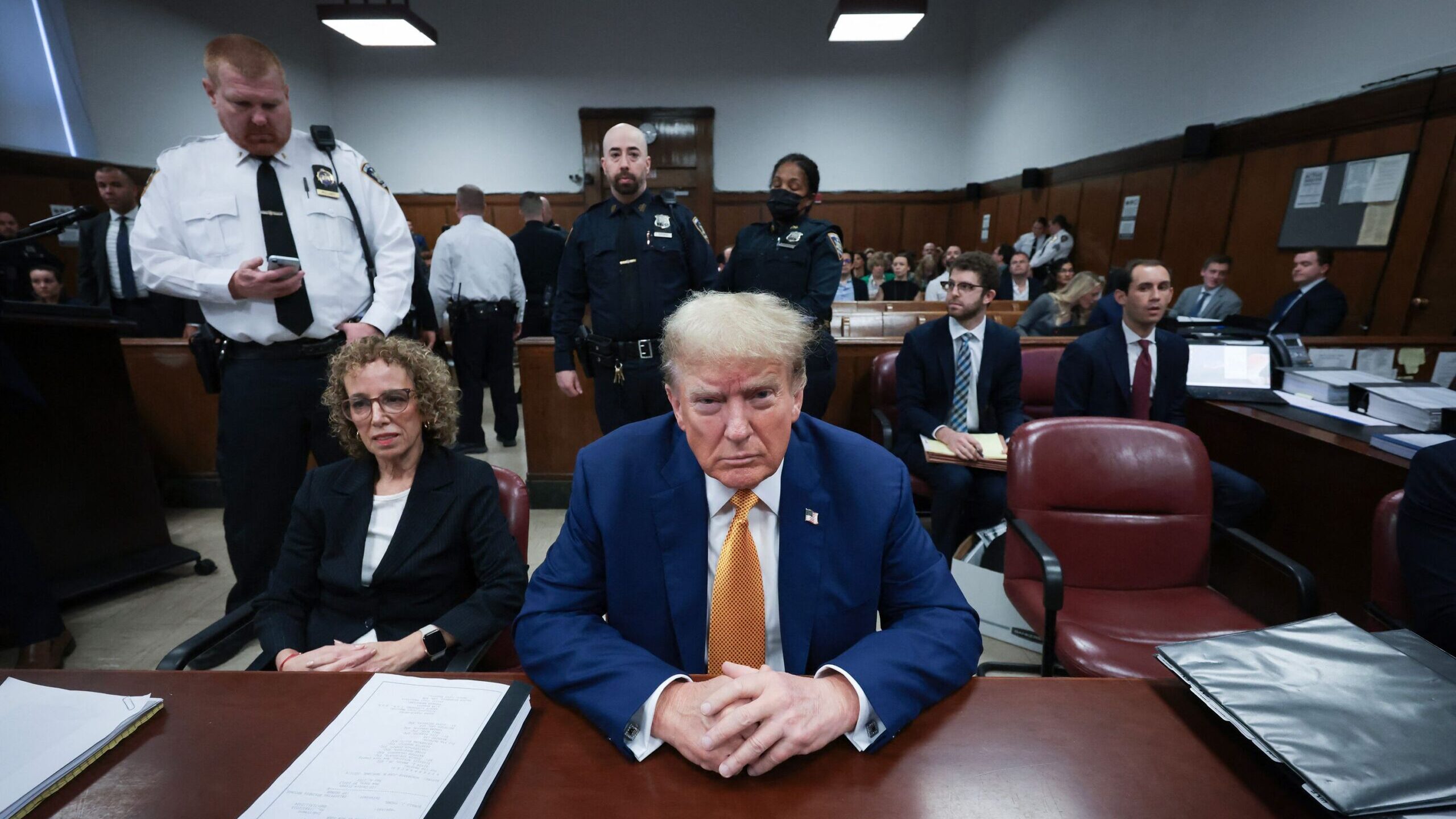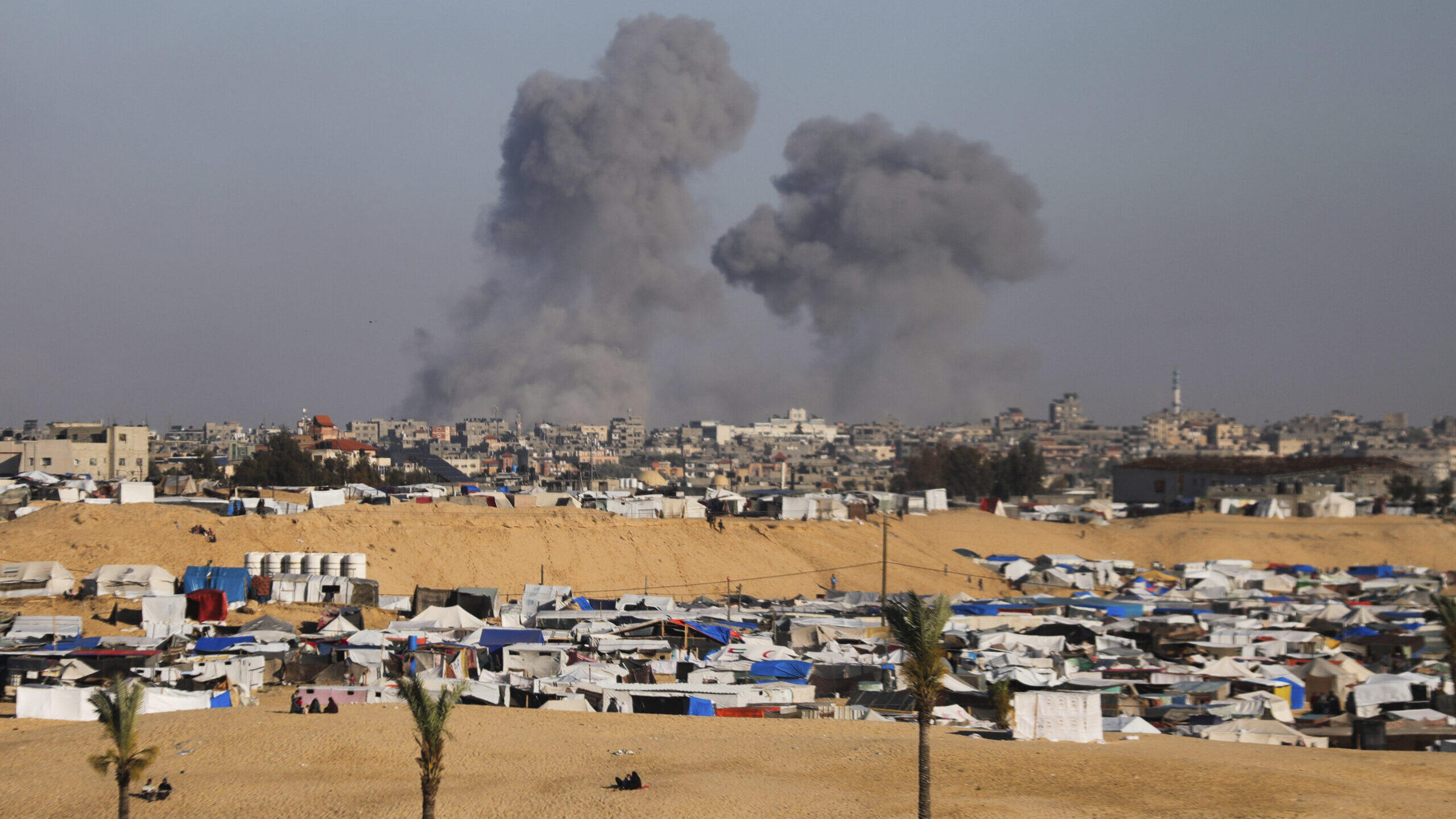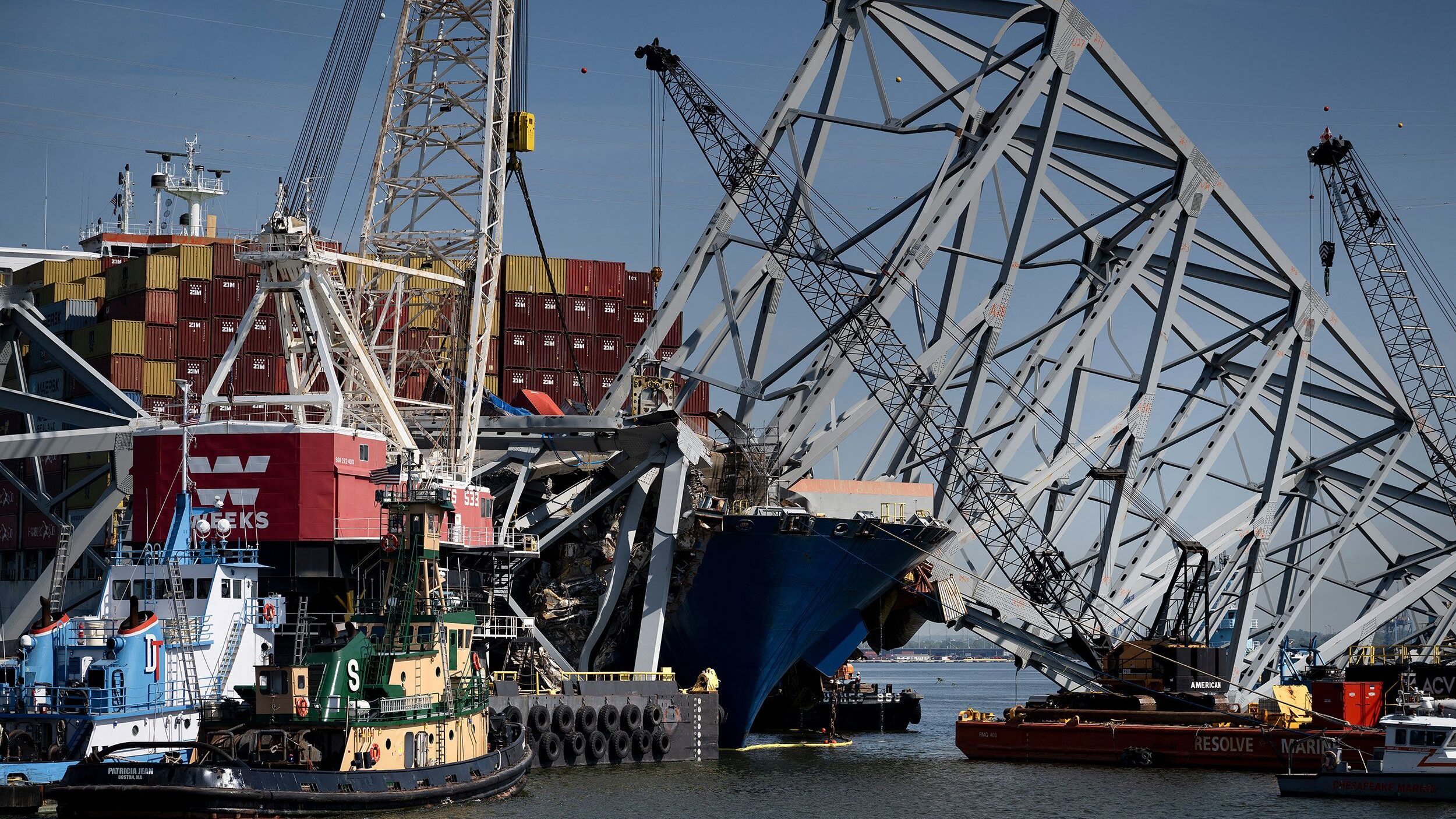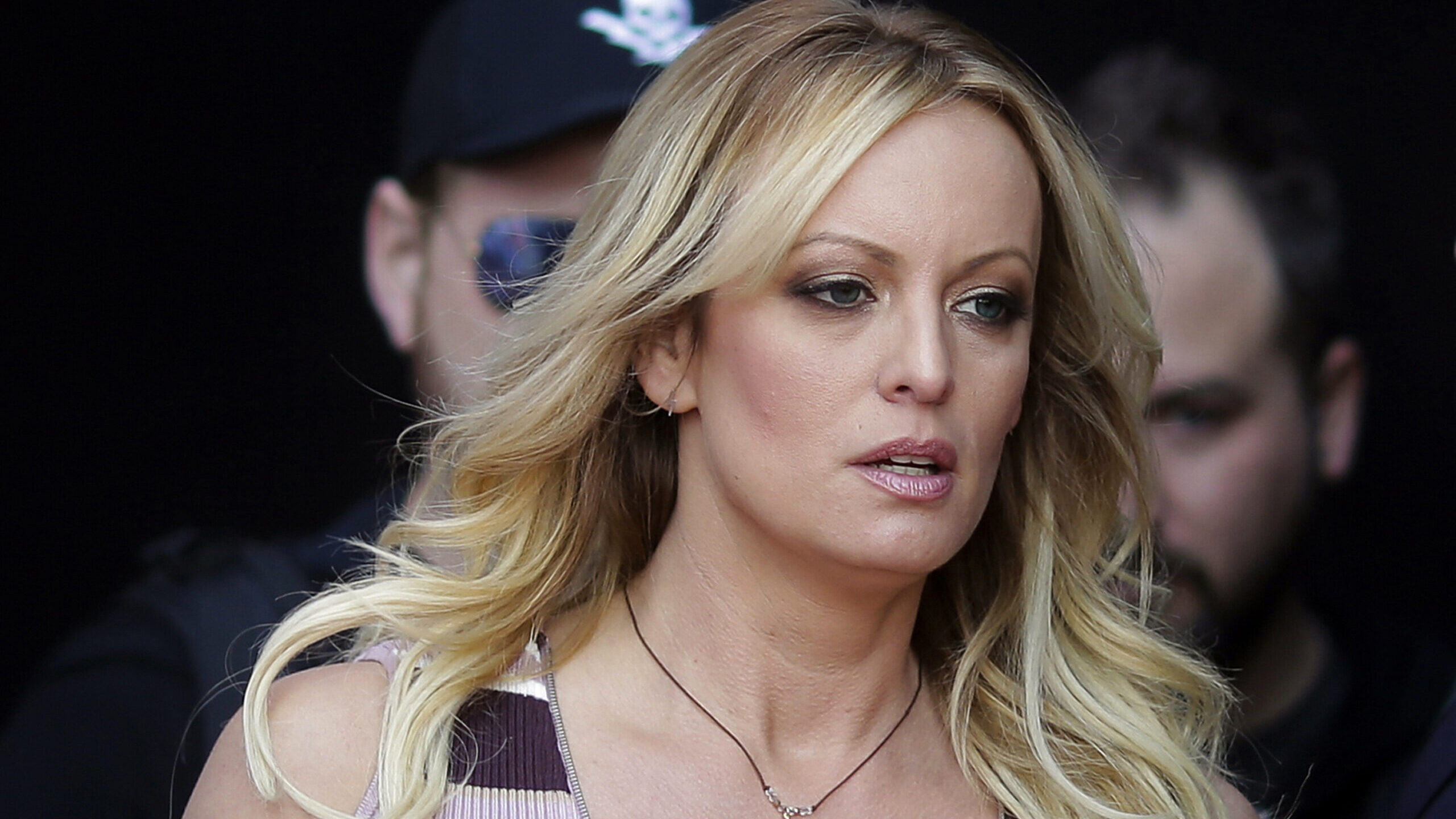Jailed Russian opposition leader Alexey Navalny dies, prison service says
Feb 16, 2024, 7:56 AM | Updated: Feb 26, 2024, 12:09 pm
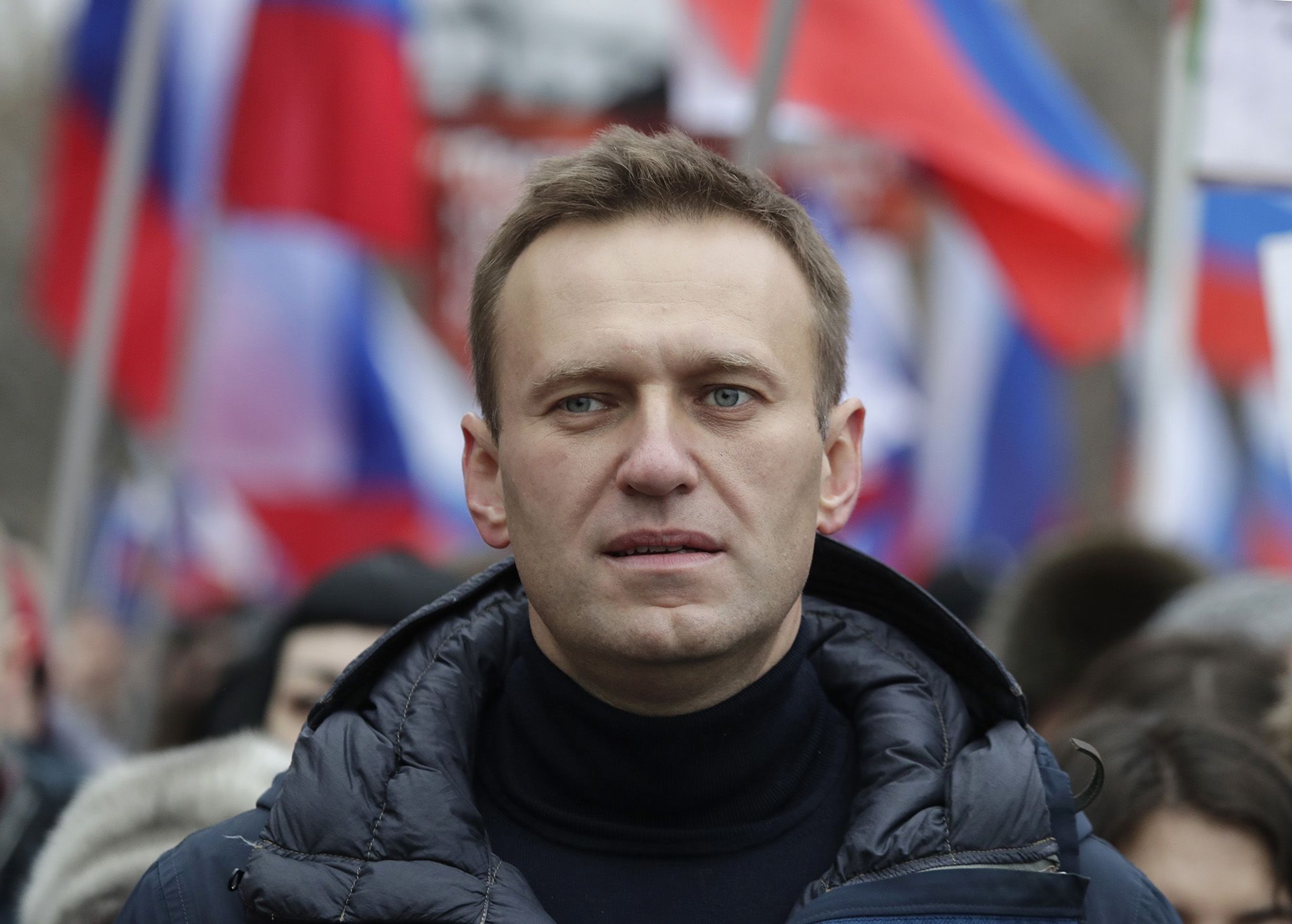
Russian opposition leader Alexey Navalny, pictured in this 2019 file photograph, has died in prison, according to state media reports. Mandatory Credit: Pavel Golovkin/AP
(CNN) — Jailed Russian opposition leader and outspoken Kremlin critic Alexey Navalny, who made global headlines when he was poisoned with a nerve agent in 2020, has died aged 47, the Russian prison service said.
Navalny had long been a thorn in the side of President Vladimir Putin, exposing corruption in high places, campaigning against the ruling United Russia party, and orchestrating some of the biggest anti-government protests seen in recent years.
He returned to Russia in 2021 from Germany, where he had been treated after being poisoned with Novichok, a Soviet-era nerve agent.
Upon his return, Navalnvy was swiftly arrested on charges he dismissed as politically motivated. He has been incarcerated ever since, with longstanding concerns for his welfare growing more intense after he was transferred to a penal colony north of the Arctic Circle.
Navalny “felt unwell after a walk” and “almost immediately” lost consciousness, the prison service said Friday. It said it was investigating his “sudden death.”
Kremlin spokesman Dmitry Peskov said Putin has been informed of the reports and that it is for doctors to determine the cause of Navalny’s death.
“As far as we’re aware, in accordance with all the rules, the prison service is carrying out checks and clarifications,” Peskov told reporters. Asked about reports that the death involved a blood clot, he replied: “I don’t know. Doctors must find it out.”
Navalny’s spokesperson, Kira Yarmysh, said his lawyer is traveling to Kharp, where Navalny has been held since December.
“As soon as we have any information, we will report it,” Yarmysh wrote on X.
Lyudmila Navalnaya, Navalny’s mother, told Russian independent news outlet Novaya Gazeta she had last seen her son on February 12 – four days before his death – when he had been “alive, healthy and cheerful.” She said: “I don’t want to hear any condolences.”
Navalny’s wife, Yulia Navalnaya, meanwhile called for Putin to be brought to justice.
“I want them to know that they will be punished for what they have done with our country, with my family, and with my husband,” she said at the Munich Security Conference, adding that she did not have confirmation of her husband’s death.
“They will be brought to justice and this day will come soon.”
Navalny had appeared in court via video link as recently as Thursday, joking with the judge about how he is running short of money.
“I will send you my bank account number so that you could warm it up a little from your huge salary as a federal judge because my money is running dry,” Navalny says in the clip.
“And because of the decision you took, that money will end even sooner,” he said, adding that the “whole prison” should chip in. Records from the Kovrov court of the Vladimir region confirm three hearings were scheduled for Thursday.
An ambulance crew tried to resuscitate Alexey Navalny for more than half an hour on Friday, Labytnang City Hospital told state-run media RIA Novosti.
“The doctors who arrived at the scene continued the resuscitation measures that the prison’s doctors had already provided. They carried them out for more than half an hour. However, the patient died,” the agency’s interlocutor said, according to RIA.
According to the interlocutor, the ambulance team reached the prison in less than seven minutes, and doctors reached the patient two minutes later.
Navalany’s reported death comes shortly before Russia’s presidential election, set to take place on March 17, which is widely seen by the international community as little more than a formality that will secure Putin a fifth term in power.
‘I’m not afraid’
Navalny was sentenced to 19 years in prison in August, after he was found guilty of creating an extremist community, financing extremist activists and various other crimes. He was already serving sentences of 11-and-a-half years in a maximum security facility on fraud and other charges he denies.
Four months later, his lawyers said they had lost contact with Navalny, who was believed to be imprisoned in a penal colony about 150 miles east of Moscow.
He failed to appear at several scheduled court hearings in December. His legal team said on December 22 that he’d been missing for 17 days.
After filing 680 requests to locate Navalny, his team announced on December 25 that they had “found” him more than a thousand miles away at the IK-3 penal colony in Kharp, known as “Polar Wolf.”
“The conditions there are harsh, with a special regime in the permafrost zone. It is very difficult to get there, and there are no letter delivery systems,” said Ivan Zhdanov, director of Navalny’s anti-corruption foundation.
Navalny joins a long list of Russian dissidents who died after challenging Putin’s legitimacy. Many questioned why he continued his campaign despite the clear risks to his safety.
“I’m not afraid and I’m not going to give up on what I’m going to do,” Navalny told CNN in 2018. “I won’t give up on my country. I won’t give up on my civil rights. I won’t give up on uniting those around me who believe in the same ideals as me. And there are quite a lot of people like that in Russia.”
A fierce Putin critic
Navalny posed one of the most serious threats to Putin during his rule, which has spanned more than two decades. He organized anti-government street protests and used his blog and social media to expose alleged corruption in the Kremlin and in Russian business.
His struggle earned him global fame when he was poisoned with Novichok in 2020. Navalny was airlifted from the Siberian city of Omsk and arrived comatose at a hospital in Berlin.
A joint investigation by CNN and the group Bellingcat implicated the Russian Security Service (FSB) in Navalny’s poisoning. The investigation found that the FSB toxins team of about six to 10 agents trailed Navalny for more than three years.
Navalny later duped one of the spies, Konstantin Kudryavtsev, into revealing how he was poisoned. He posed as a senior official from Russia’s National Security Council tasked with carrying out an analysis of the poisoning operation, and phoned Kudryavtsev, who provided a detailed account of how the nerve agents was applied to a pair of Navalny’s underpants.
Russia denied involvement in Nalvany’s 2020 poisoning. Putin said at the time that if the Russian security service had wanted to kill Navalny, they “would have finished” the job.
Western condemnation of the Kremlin was swift and fierce following news of Navalny’s death. Responding to the news of Navalny’s death, NATO Secretary General Jens Stoltenberg said Russia has “serious questions” to answer.
“Alexey Navalny has been a strong voice for freedom, for democracy for many years and NATO allies have called for his immediate release for a long time,” Stoltenberg told reporters in Germany ahead of the Munich Security Conference (MSC).
US Vice President Kamala Harris, also at the MSC, said that “if confirmed, this would be a further sign of Putin’s brutality. Whatever story they tell, let us be clear, Russia is responsible.”
President Joe Biden previously told reporters in 2021 that he warned Russian president Vladimir Putin that the consequences would be “devastating for Russia,” if Navalny died in prison during the US-Russia summit in Geneva, Switzerland.
Ukrainian President Volodymyr Zelensky said Putin must be held accountable for Navalny’s death.
“It is obvious to me that he was killed,” Zelensky said at a joint news conference in Berlin with German Chancellor Olaf Scholz. “Putin does not care who dies as long as he stays in his position.”
‘Freezing’ conditions
Navalny spent his last weeks in a Siberian prison north of the Arctic Circle, where he said he slept under a newspaper for warmth and had to eat his meals within 10 minutes.
He told a Moscow court of “freezing” conditions inside his prison, as he appeared via a video link in January to outline his case against the authorities at the penal colony where he had been held since December.
Yarmysh, Navalny’s spokesperson, said the conditions at the Siberian prison were “much worse” than they had been near Moscow, where he had originally been kept.
“It is in the north, so it is very cold there. Even today the light there is for two hours per day,” she said in January. “They definitely tried to isolate Alexey and to make it more difficult to assess him there.”
On Valentine’s Day, the day before his death, Navalny posted a message on social media to his wife, Yulia.
“Baby, everything is like in a song with you: there are cities between us, the take-off lights of airfields, blue snowstorms and thousands of kilometers. But I feel that you are near every second, and I love you more and more,” he said.


